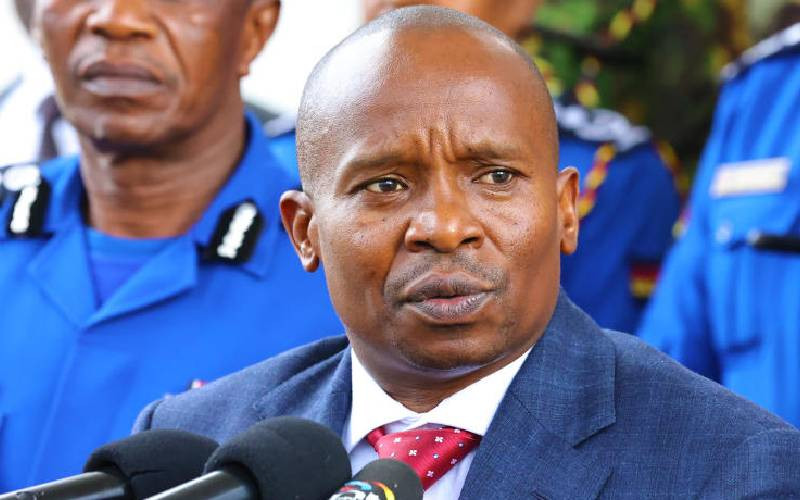×
The Standard e-Paper
Stay Informed, Even Offline

The provincial administration has a checkered history in Kenya. While it ensured law and order, it was also accused of dictatorship. Therefore, Interior Cabinet Secretary Kithure Kindiki's plan to arm chiefs and their assistants with guns and assign the former five police officers to them, is bound to generate controversy.
And, for obvious reasons. During the push for constitutional review, the wider provincial administration was among areas targeted for reform alongside the imperial presidency and the police.